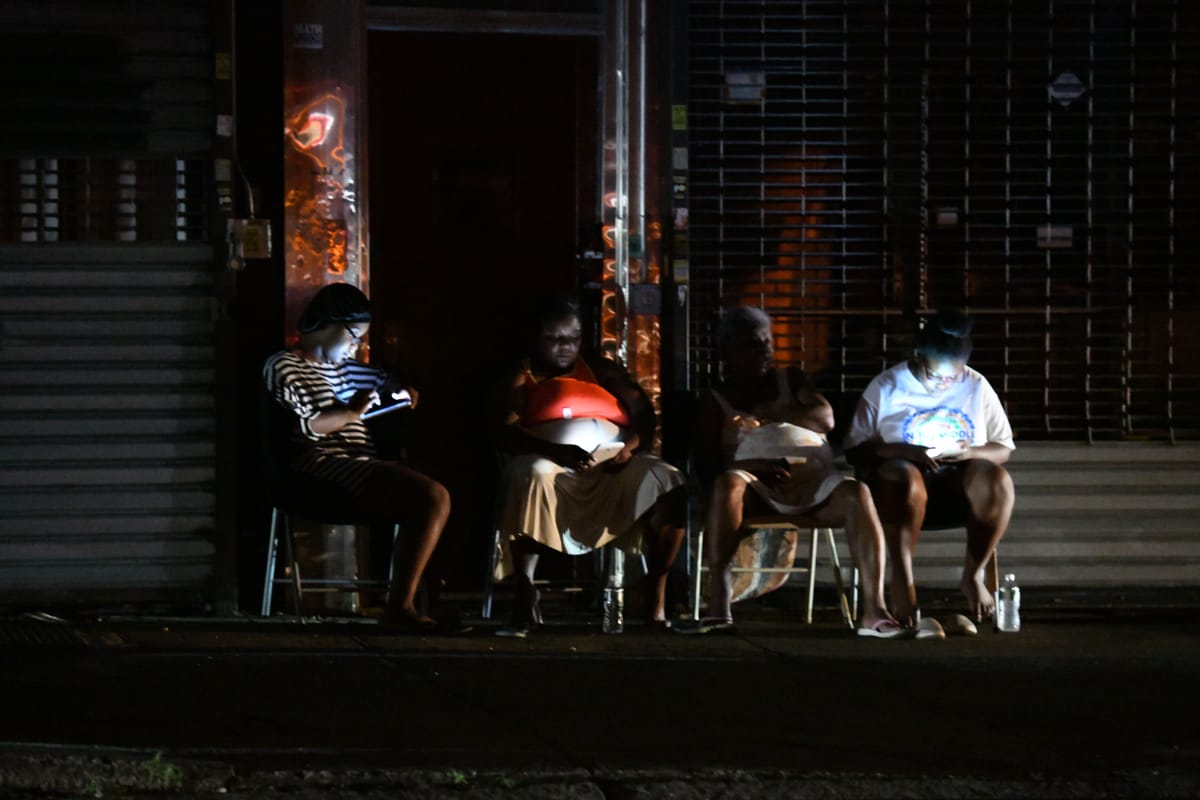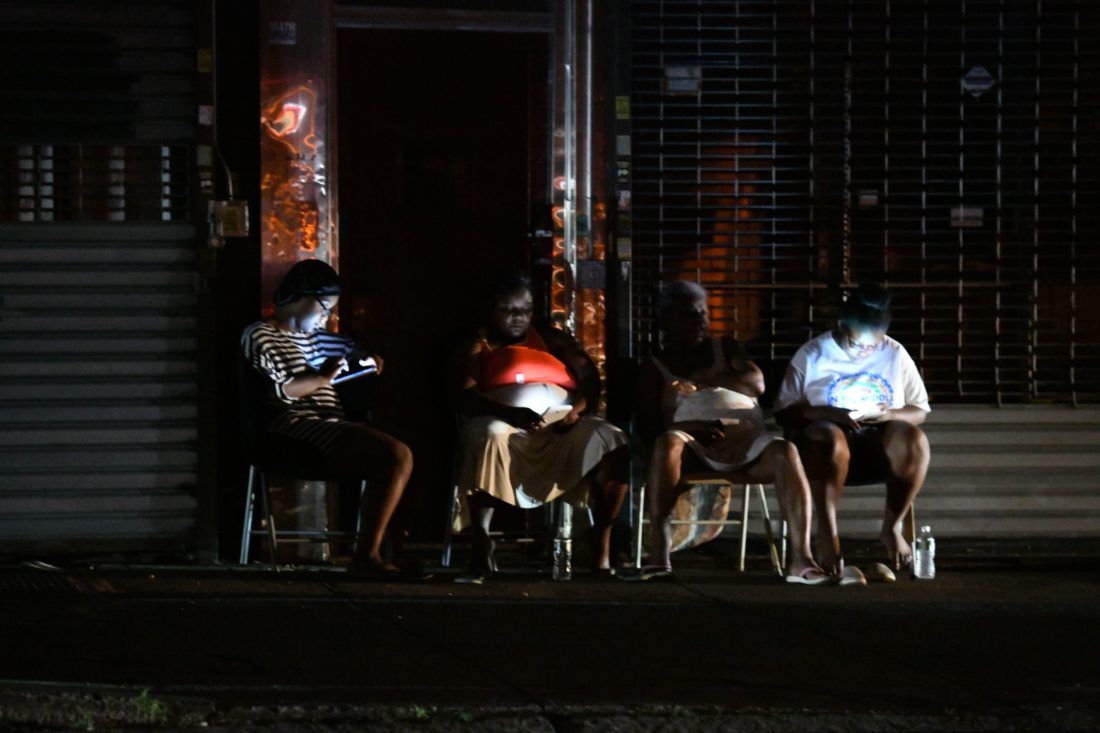Summer In The City: Mayor Announces Air Conditioners And Gatorade To Keep Struggling New Yorkers Cool


“We’re about to get into the warm weather in a serious way, starting today and this weekend. And that means summer’s around the corner and that’s a whole new reality,” Mayor said this morning, addressing City’s plans for the summer months. Without the beaches, barbecues in parks, pools or cooling centers, and with last summer’s blackouts still fresh in our minds, some reassurances are indeed welcome.
Last July was the 10th hottest July in recorded history in New York City, Mayor reminded, presenting dangers to vulnerable groups already at risk from the pandemic – “our seniors, many times that’s lower-income New Yorkers who don’t have air conditioning. It’s people who can’t leave their home even if they wanted to because of disability or other challenges.”
The city will be providing free air conditioners to low-income seniors who need them starting next week. “We’re going to have 74,000 air conditioners in the first wave of this initiative, 22,000 of which will go to residents of public housing,” Mayor announced at his daily press conference. Almost half the units at NYCHA do not have A/C. But you cannot just request one, he says the city will be identifying the individuals “working with our colleagues at NYCHA public housing, at the Department for the Aging, our housing department, HPD and the Human Resources Administration” and will reach out to them directly. [Editors note – if you live in NYCHA buildings and have an elderly person may not hurt to reach out to the management and tenants association to advocate for one.]
The total cost of this program is $55 million, of which $20 million will come from the New York State Energy Research and Development Authority (NYSERDA), and the Mayor also believes that this public investment is eligible for federal reimbursement. However, whether the city will get the funds from federal grants in not clear.
He then spoke about working to help those struggling with the higher summer utility bills, caused by all the air conditioners.
“Right now, there are almost half a million New Yorkers who get a subsidy for their air conditioning needs from the New York State public service commission,” Mayor said, and he wants the public service commission to “double its current commitment” – translating into $160 for the average customer. We’ll let you know when more details on this are clarified.
Mayor de Blasio also said they will be reviewing which cooling centers, libraries, large community centers, gyms, sports venues, auditoriums, arenas, could be turned into cooling centers that allow for sufficient social distancing, and to make sure there’s “programming and things for people that do,” thinking in particular about families coming in with kids.
Details are space, but the Parks Department is working on creating “misting oasis” in addition to opening up the hydrants. “And we’re going to help New Yorkers hydrate in addition to the other types of food we’re providing and beverages that we’re providing, either by delivery or pickup, we’re going to include a lot more of the hydrating kinds of liquids, the Gatorades and the Pedialyte that will help people during this kind of crisis,” Mayor added.
When it comes to blackouts, and yes, southern and central Brooklyn have legitimate reasons to be concerned following last summers disaster when 33,000 Con Ed Customer Accounts lost power, he promised Cone Ed had done a lot to fix the issues in its Flatbush network, and what remains will be finished up by end of May.
“ConEd has replaced a lot of the equipment in that network, 70 power line sections replaced, updated the relay switches on 15 sections that supply the grid. Replaced more than half the rubber cable so far with the rest being done by the end of May,” Mayor assured, adding that “we will be ready for anything and so in terms of response, God forbid we see a problem. We right now have 60 portable generators ready for emergency deployment, we are going to add 22 more large generators that will be available to us for the summer months. We’re going to preset pre-stage those around the City so they can be moved quickly to places that need them.”
Lastly, he focused on nursing homes and adult care facilities.
“We need to make sure, and this is something we’ll work closely with the State on, that every facility has a plan in place and is ready if there’s ever an outage. And we’re going to work with the State and certainly encourage the State to mandate that every one of these adult facilities and nursing homes has generator capacity ready to go in the event of a crisis.”
Generators were supposed to be installed at all such facilities following Superstorm Sandy back in 2012, though subsequent audits have found maintenance lacking.



